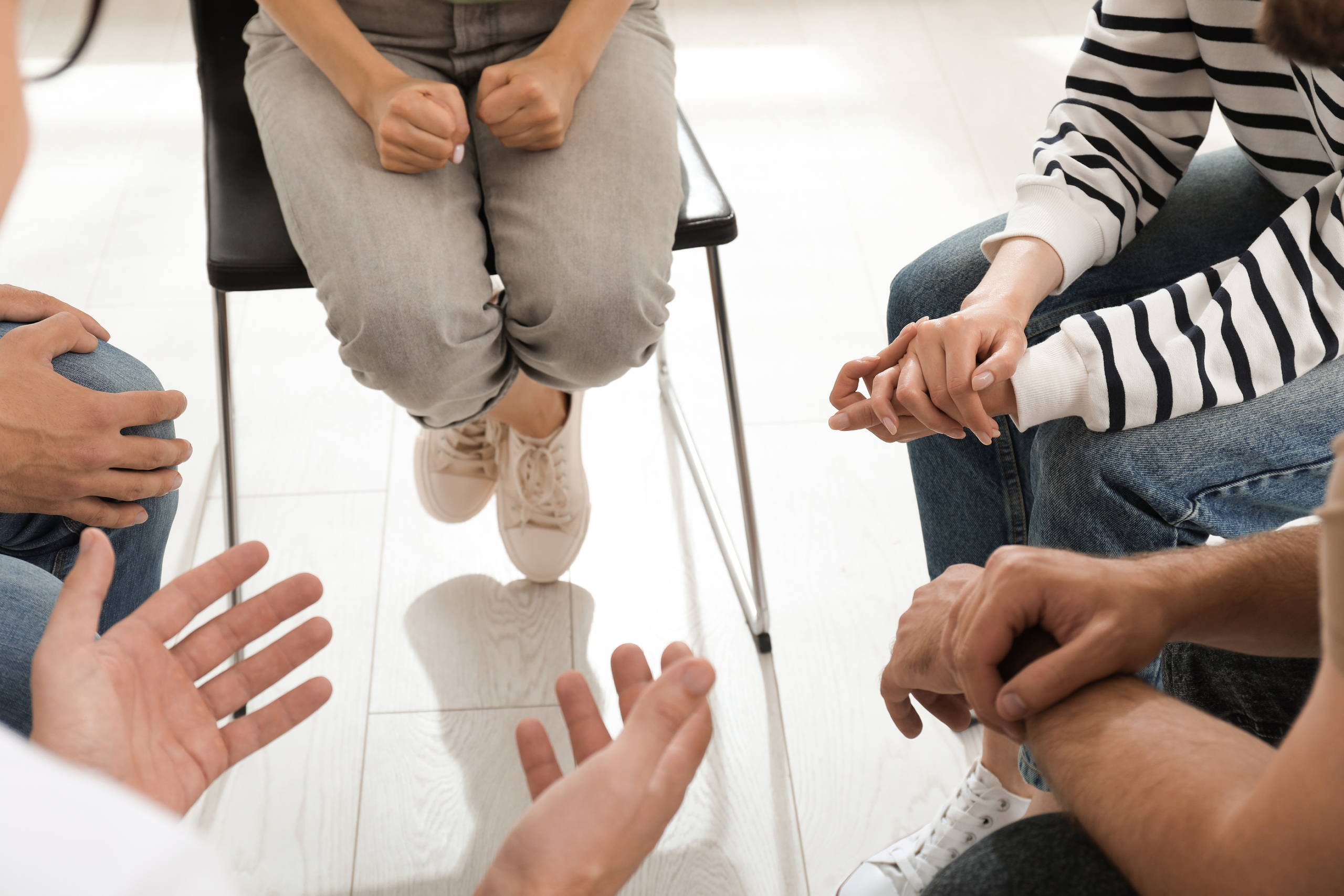Recovering from addiction is never a straightforward journey. It comes with many ups and downs, discoveries about yourself, and many setbacks. Getting through addiction takes a lot of time and effort, so one must seek help from friends and family and, most importantly, professional assistance. Addiction can have negative effects on various areas of our lives, such as causing the loss of friendships and intimate relationships, as well as termination of employment or financial security. In some cases, it even leads to a life of crime to support the addiction. In this blog, we will talk about how to recover from addiction and the importance of seeking help on the journey to recovery.
How to recover from addiction
Addiction could be to a substance, alcohol, gambling, or even sex, but knowing how to recover from it comes in various stages.
- Admitting You Have a Problem: This is usually the tricky part because most addicts tend to find excuses and ways to justify their addiction. This is where seeking help is vital, as it helps identify your symptoms, becomes your support system in facing your fears, and puts you on the path to recovery.
- Seek professional guidance and help: The addiction recovery process requires an effective treatment program focusing solely on what ails a patient. Such specialized addiction programs include individual therapy, group therapy, and dual diagnosis treatment programs that help bring clients back to their usual selves in mind, body, and spirit. Also, professionals help emphasize the patient’s well-being, not on their diagnosis, condition, or challenge through the person’s first language substance use, reducing the stigmatization accompanying addiction.
- Identifying Your addictive triggers: Knowing what leads to you partaking is a big step in recovering from it: stress, mental or physical illness, or even social isolation. Identifying what triggers your addiction helps you develop adequate coping mechanisms that ease the urge to relapse.
- Exercise: Exercising and working up a sweat helps release endorphins that improve the overall health and well-being of the body. Exercise also helps reduce stress triggers and improves sleep, which restores healthy brain functioning and enhances self-esteem. People get addicted to drugs or alcohol for different reasons, but it is often trying to cope with stress or trauma. To reduce the occurrence in society, ways to prevent addiction among the youths are necessary.
Tips to help prevent addiction
- Education: Practically one of the most effective ways to prevent addiction, it teaches people, irrespective of their age or sex, about the risks accompanying it. It also helps them understand how substance abuse develops and the negative signs to be wary of. Educating people can be done by loved ones or even role models, so seeking help and reaching out is integral to preventing addiction.
- Avoid temptation and peer pressure: Maintaining healthy relationships helps protect your emotional and physical well-being. It is simple logic that if you spend a lot of time around peers and family who abuse drugs and substances, you are more likely to become addicted as well.
- Having healthy coping skills to deal with Triggers: Teaching healthy coping skills for triggers such as anxiety, stress, and depression helps prevent addiction. Instead of finding solace in alcohol or hard drugs, one could
- Take a walk or jog.
- Take up a hobby such as drawing, writing, or reading a novel.
- Prayer and meditation also help those with religious inclinations.
- Have a diary where they can express and vent their emotions.
How to overcome addiction
Addiction is a curable disease; though it may be challenging and a patient may experience relapse, a person can overcome it with the proper treatment regimen and support.
Some tips on how to overcome addiction:
- Start the process: Setting a quit date helps you decide why you need to improve your well-being and live healthily. It also gives you ample time to mentally prepare yourself for the hardships of a lifestyle change.
- Create a support network: Finding people who support your recovery is very helpful in getting favorable outcomes, as loneliness can easily lead to depression and subsequent relapse. So, when trying to overcome addiction, the support of loved ones and family is vital to creating an enabling environment.
- Change your environment and routine: Any place that acts as a trigger must be avoided. Also, any routine or hangout time with friends that can make you return to your past actions must be avoided.
Seeking help for yourself or a loved one to kick that addiction is always challenging. That is why, at the Blanchard Institute, we create a safe, unique, and comfortable environment that helps you recover and combat the disease called addiction from its root. Reach out to us today.


